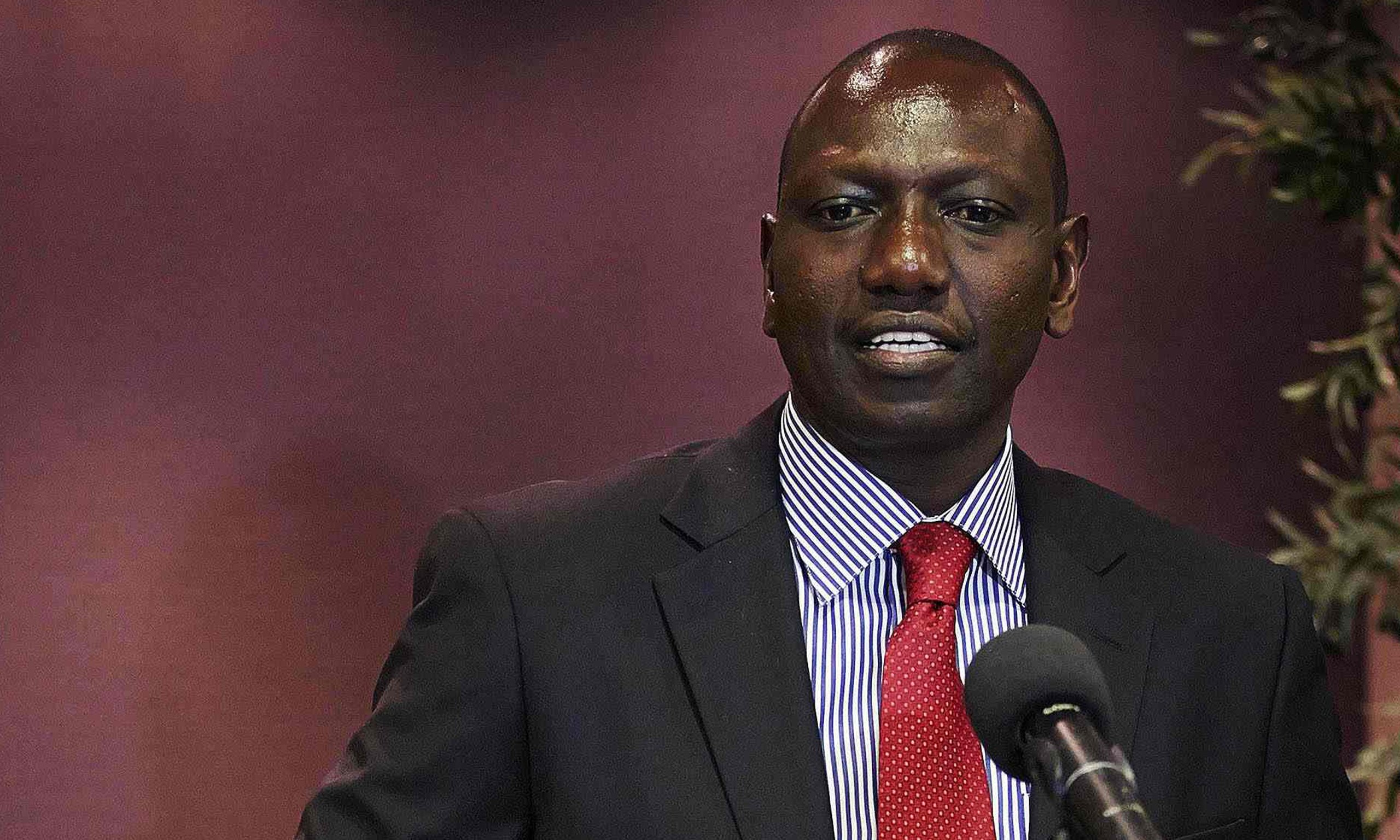Kenya’s Public Debt Management Office Director General, Haron Sirima. FILE PHOTO | NMG
Kenya is considering using funds from the International Monetary Fund (IMF) to repay Chinese loans after it dropped an earlier request to defer debt payments.
The Treasury says it could use its additional allocation of IMF reserves in Special Drawing Rights (SDR) assets, which can be converted to government-backed money, as one of the options to plug the budget hole.
SDRs are the IMF’s unit of exchange based on sterling, dollars, euros, yen and yuan, and can be used to settle obligations like repayment of foreign public debt.
Director-general for public debt management office at the Treasury Haron Sirima said Kenya has an a raft of options including “use of additional SDR allocation by the IMF” to fill the cash hole left after Nairobi started to service loans from China in July.
Kenya had expected to extend a debt repayment moratorium from bilateral lenders, including China, which started in January 2021, by another six months to December 2021, saving it from making payments of nearly Sh50 billion to Beijing lenders.
Chinese lenders, especially Exim Bank, were uncomfortable with Kenya’s push for extension of the debt service suspension with rich nations, prompting delays in disbursements to projects funded by Chinese financiers.
This forced Nairobi to drop its push for the debt repayment holiday extension by China for fear of straining relations with Kenya’s biggest bilateral creditor.
Dr Sirima said the Treasury has other options, including seeking grants from development partners, changing the funding for “specific” capital projects to public–private partnership (PPP) and tapping the IMF reserves.
“In addition, (we also have option) to rationalise further expenditures to the extent of forgone DSSI funding,” he said in an interview with the Business Daily.
The IMF is expected to play a role in shaping policy that would require the government to implement tough conditions across many sectors.
The conditions are tied to the fund’s multi-billion shilling loan facilities to Kenya where money flows straight into the budget to top up the public purse.
Under the administration of former President Mwai Kibaki, Kenya kept away from this type of credit, with most of the support from institutions like the IMF and the World Bank coming in the form of project support.
Kenya faced a deteriorating cash-flow situation, marked by falling revenues, worsening debt service obligations, and the effects of the Covid-19 pandemic.
The G20 countries, including Belgium, Canada, Denmark, France Germany, Italy, Japan, Republic of Korea, Spain and the USA, rescheduled payments of Sh32.9 billion in principal and interest due between January and June to the next four years with a one-year grace period.
Kenya sought an extension of the debt relief from G20 countries to December, eyeing additional savings of Sh39 billion.
Dr Sirima says response to Kenya’s request for the G20 relief has been “positive”.
Kenya spent Sh99.73 billion less than the cash it had initially budgeted for servicing external debt for the year ended June 2021, partly on the back of the six-month debt relief.
While China is a G20 member and a signatory to the deal, a large proportion of its loans to Kenya has been made on a commercial basis by government agencies, quasi-public corporations and by state-owned banks, such as China Development Bank and Exim Bank of China.
China has sought to negotiate its debt relief deals separately, but applying the same terms as the G20 countries while reserving the right on size and which loans will attract the moratorium.
President Uhuru Kenyatta’s administration has largely taken loans from China since 2014 to build roads, bridges, power plants and the standard gauge railway (SGR).
This started after Kenya became a lower-middle income economy, locking her out of highly concessional loans from development lenders such as the World Bank.
The terms of China’s loan deals with developing countries are unusually secretive and require borrowers to prioritise repayment to Chinese state-owned banks ahead of other creditors. A cache of such contracts was revealed in an earlier report by Reuters.
The dataset- compiled over three years by AidData, a US research lab at the College of William & Mary — comprises 100 Chinese loan contracts with 24 low- and middle-income countries, a number of which are struggling under mounting debt burden amid the economic fallout from the Covid-19 pandemic.
It uncovered several unusual features, including confidentiality clauses that prevent borrowers from revealing the terms of the loans, informal collateral arrangements that benefit Chinese lenders over other creditors and promises to keep the debt out of collective restructurings — dubbed by the authors as “no Paris Club” clauses, the report said.
The Paris Club is a group of officials from major creditor countries whose role is to find solutions to the payment difficulties of debtor countries.
-Business Daily





